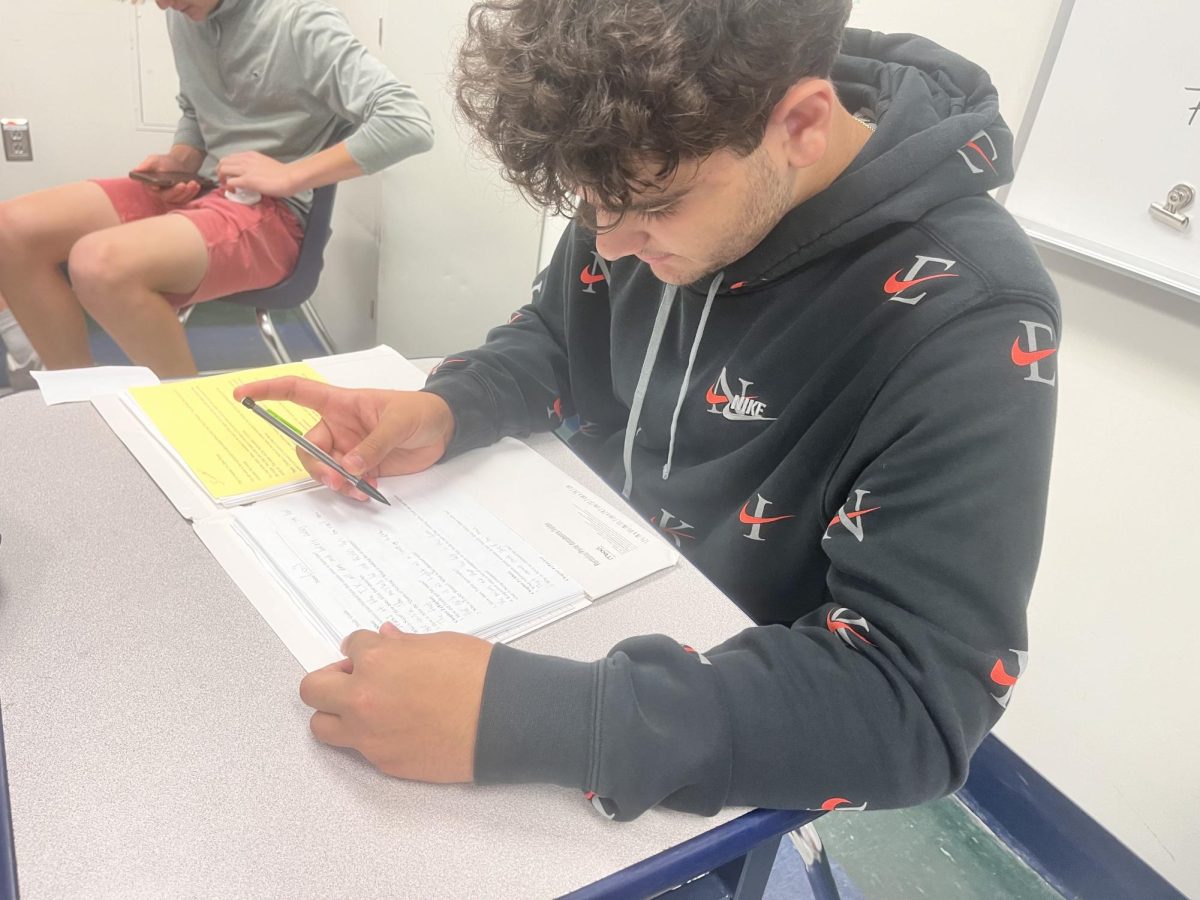Next year, Spanish Heritage classes will be offered for the first time. The classes will have two levels and will involve students who grew up speaking Spanish for them to continue progressing in the language.
Luis Miranda Hernandez, freshman, speaks Spanish at home. He plans on taking the Heritage Spanish course next year. He is currently taking Spanish 2, where he often finds himself bored in class.
“In reality, I don’t really need any of Spanish 3 or 4 and I feel like heritage is gonna be a good place for me since I already speak it at home and with my entire family,” Miranda Hernandez said.
Miranda Hernandez said the class would help him keep in touch with his roots.
“My entire family lives in Puerto Rico and we’re the only people who live in Missouri,” Miranda Hernandez said. “It’s definitely going to help me connect with the people back at my hometown in Puerto Rico and keep that Spanish bond there.”
Jeff Marx, guidance counselor, said the class will not be one all students could request.
“Students aren’t actually requesting this class,” Marx said. “They work through their teachers or their counselor to take a placement test to be able to demonstrate their past history of skills in that content area of Spanish, and then they’re placed in the class based on the results of the test.”
Marx said the class is suited for those with a deep understanding of the Spanish language.
“It’s designed for students who have a family history or grew up in an environment where Spanish was part of the language system in the home,” Marx said. “Those students can come in with that base set of knowledge and advance their Spanish skills from that point forward.”
Monica Bremer, Spanish teacher, will teach the Spanish Heritage class. Bremer is a native Spanish speaker herself, having grown up in Panama.
“Instead of being there like a learner as a second language, they are going to keep progressing in reading like when most students take English,” Bremer said. “They keep progressing in their language.”
Bremer said when Spanish speakers become so focused on English in their classes and school life, they often stop developing in Spanish.
“Because they adopt this new language and they keep progressing in this other language, the other one gets frozen,” Bremer said. “It doesn’t progress because they are not reading in Spanish, they are not writing in Spanish, and they are not increasing their vocabulary other than their home vocabulary.”




